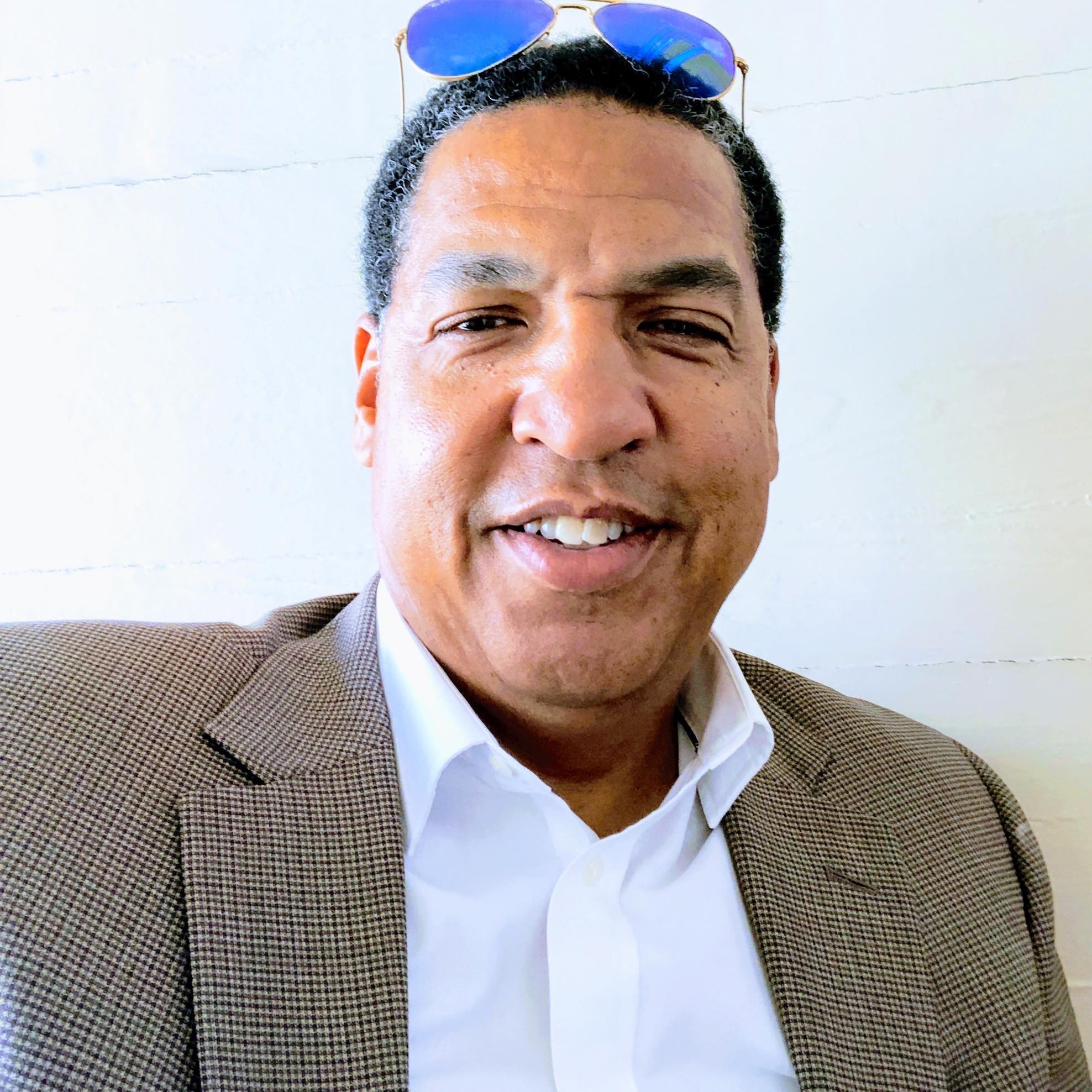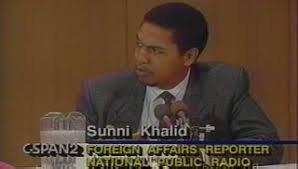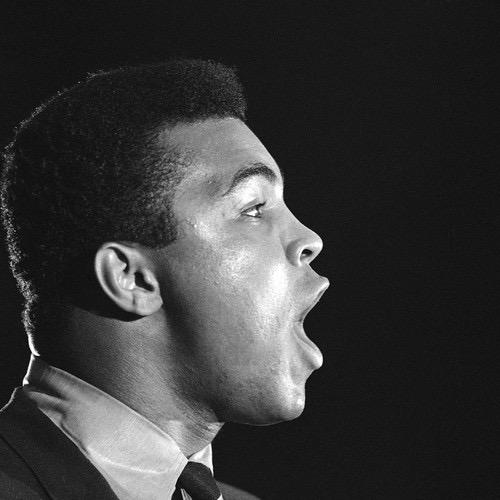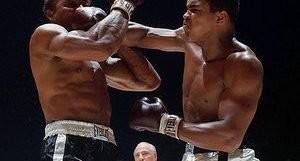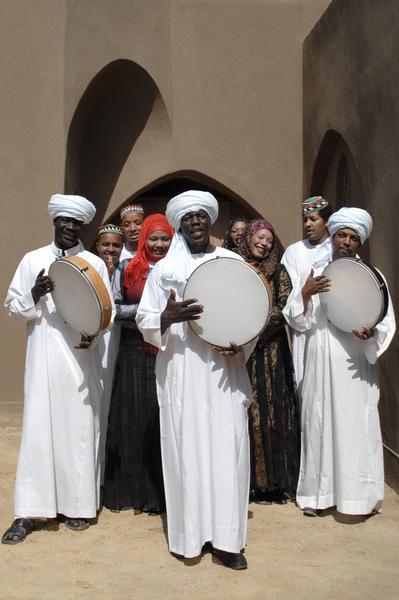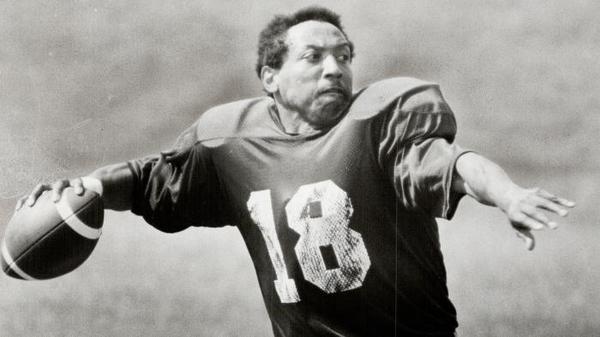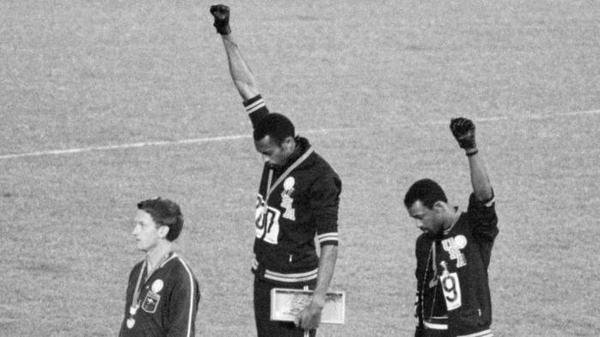Sunni Khalid
Currently a freelance journalist, Sunni Khalid has worked in print, radio, television and web journalism. He has worked for Time magazine, USA TODAY, The Wilmington News-Journal, The Baltimore Sun, and National Public Radio, where he was a diplomatic correspondent and the Cairo bureau chief.
During his career, Mr. Khalid has reported from more than 35 countries in Africa, Europe, the Middle East, Asia and the Caribbean on a number of breaking international stories. These include Operation Restore Hope in Somalia, the U.S. military intervention in Haiti, Israel’s Operation Grapes of Wrath in Lebanon and South Africa’s historic, first all-race elections in 1994. He is a past recipient of numerous awards, including the Overseas Press Club’s Ben Grauer Award, and the Columbia University School of Journalism’s Silver Baton Award for his coverage of Haiti and South Africa, respectively.
Mr. Khalid was also a part of NPR’s award-winning coverage of the 1992 Los Angeles riots, which also was awarded a Silver Baton. In addition, Mr. Khalid has also received numerous awards for producing and reporting from the Public Radio News Directors, Inc., Sigma Delta Chi and the National Association of Black Journalists.
Mr. Khalid has also been invited as a guest lecturer at several universities and institutions, including the Carnegie Endowment for International Peace, the Foreign Service Institute, the Annenberg Foundation, the American University in Cairo, Georgetown University, American University, the University of Maryland at College Park, the University of Maryland Baltimore County, Morgan State University, Howard University, Johns Hopkins University (School of Advanced International Studies) and the University of Buffalo.
Over the years, Mr. Khalid has also been a guest on several television and radio programs, including CNN, Al-Jazeera, ITN, Sky News and the Voice of America.
He attended Howard University in Washington D.C. and graduated cum laude, majoring in print journalism. Mr. Khalid also studied at the Johns Hopkins University’s Nitze School for Advanced International Studies (SAIS) in Washington D.C., majoring in African studies and international economics.
More recently, Mr. Khalid helped establish the award-winning news department at WYPR-FM in Baltimore, where he served as managing news editor for nine years. Mr. Khalid was born in Detroit and raised in Highland Park, Michigan.
